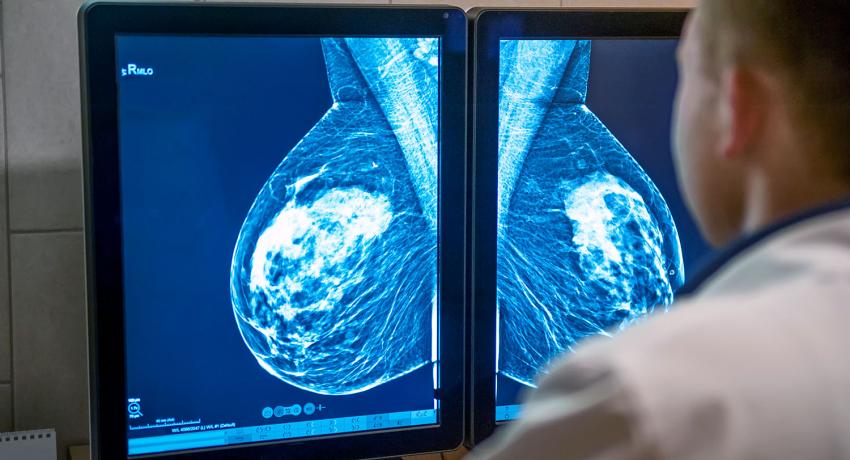CURRENT PROJECTS
Getting a good night’s sleep is essential for both physical and mental health, but it is hard to quantify the quality of sleep.
The Center for SMART Health developed a low-cost (<$300) and easy-to-install integrated “smart system” to remotely assess elderly patients during inpatient rehabilitation.
COVID-19 forecasting models are currently very influential, as they are used as a key input into policy decisions at the local,
New biomarker identification entails sampling from sufficiently large and diverse populations through which we can understand the significance of a given characteristic (e.g.,
Can we automatically detect changes in speech to detect cognitive changes? The Center for SMART Health is helping to develop and test digital technologies for cognitive testing in the context of benzo/z-drug tapering/insomnia treatment.
Multiple physical and disease morbidities are known to confer risk for early mortality, greater symptom burden, and higher healthcare costs.
Lung cancer is the leading cause of cancer-related mortality in the United States and globally. A key issue has been that lung cancer diagnosis often occurs quite late and in its advanced stages,
The Center for SMART Health is harnessing a wide range of wearable technologies to provide sophisticated, continuous physical activity tracking methods and objective assessment,
Can we provide better, individualized recommendations for screening? Guidelines for mammography indicate annual screening for most women, providing a “one-size-fits-all” approach to the detection of breast cancer.
Colorectal cancer (CRC) is the second most common cause of cancer-related mortality, killing over 50,000 Americans each year – a number that is unwarranted as it many of these cases are preventable via screening and surveillance of high-risk abnormalities.
In 2015, it was estimated that inflammatory bowel disease (IBD) affected over 3 million individuals in the United States, resulting more than $6 billion in associated healthcare-related costs.
Patient-reported outcomes (PROs) are well-established in the context of clinical trials, providing important assessment of the individual during an intervention/study.
Building on our Berkley East project, The Center for SMART Health has extended its smart sensing infrastructure to one of the largest physical medicine and rehabilitation hospitals on the West Coast.
Within the past several years, various consumer-level devices have been brought to market to provide real-time feedback about changes in patients’ status,
In partnership with UCLA’s Faculty Practice Group (FPG), we are looking to better identify individuals within our healthcare enterprise who are at risk for worsening kidney function.
Some patient visits, either to the emergency room (ER) or in-patient admissions, could be prevented through timely outpatient interventions by healthcare providers.
With increased COVID-19 testing and the detection of more positive cases (COVID+), many “at-risk” individuals who appear asymptomatic or only with mild symptoms are being told to self-quarantine at home.
Effective prevention of COVID-19’s spread is strongly predicated on adherence of the population to recommendations of health professionals. It is therefore critical that we identify the factors that contribute to an individual’s health decision-making with respect to adherence to the recommendations.
Depression affects an astounding 300 million people worldwide and one of society’s biggest problems – yet it is poorly understood.
The prevalence of obesity and its consequent comorbidities continues to rise globally. Markedly, in the United States it is a major cause of preventable chronic disease and thus a source of significant healthcare costs.
Pediatric asthma presently affects over 6 million children in the United States. As the most common chronic childhood disease, uncontrolled asthma results in numerous hospitalizations annually and is a significant burden on both the child and caregivers resulting in a lower quality of life (e.g.,
RESEARCH NEWS
2023 Hearst Health Prize in Partnership with the UCLA Center for SMART Health $100,000 prize awarded for Stanford Medicine’s AI solution for identifying people with heart attack risk The 2023 Hearst Health Prize winner from Stanford Medicine and leadership from the UCLA Center for SMART Health and Hearst Health,
UCLA Center for SMART Health convenes national experts to address key issues in healthcare data science
LOS ANGELES,





















